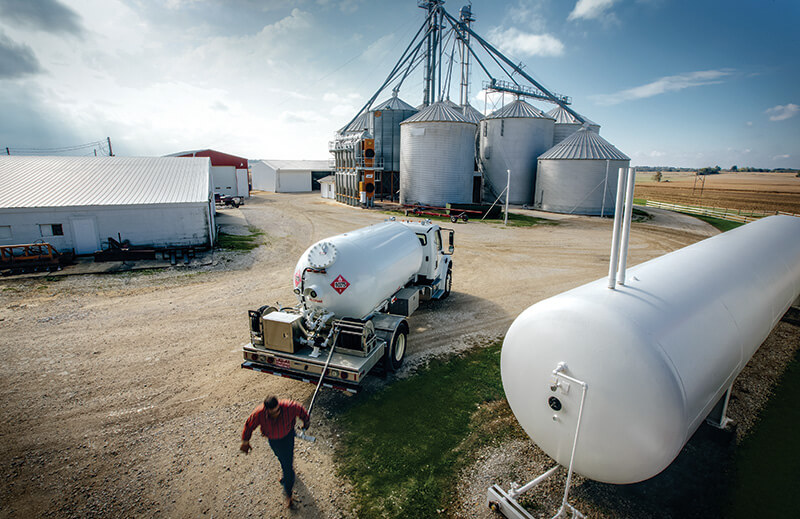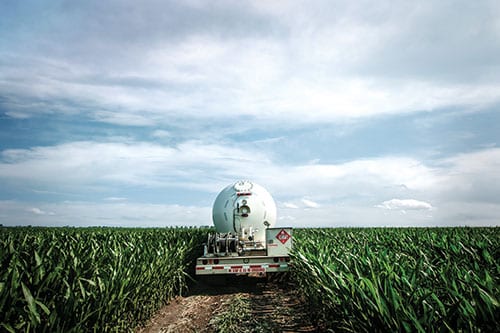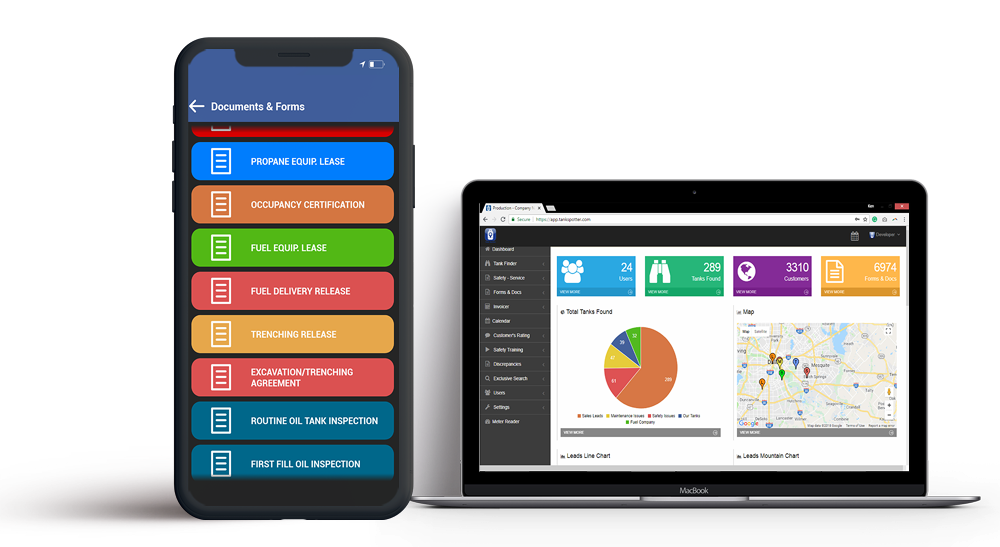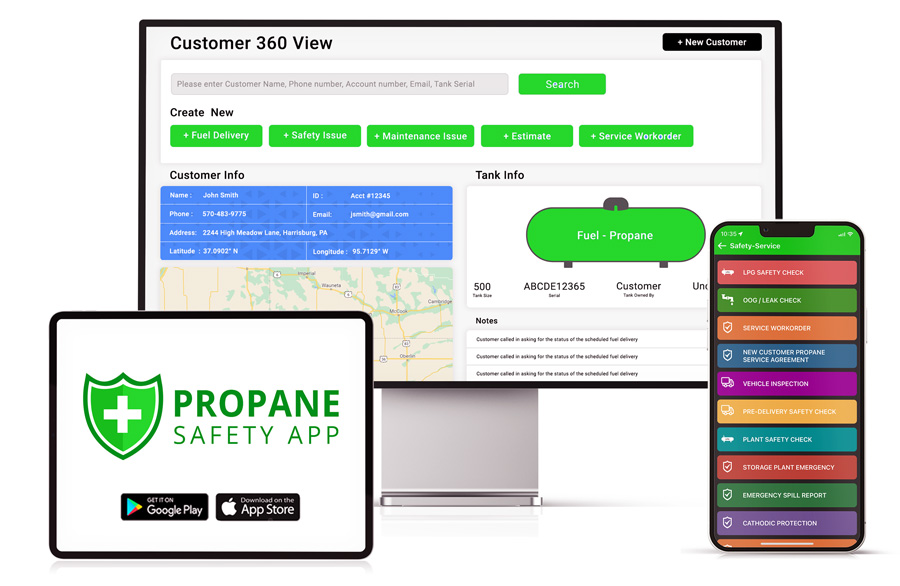Optimizing Propane Delivery in Rural Areas

Delivering propane in rural areas poses unique challenges compared to urban settings. From longer distances between deliveries to limited access during certain weather conditions, propane companies must employ effective strategies to ensure efficient and reliable service in rural communities. Here, we explore the best practices that can help overcome these rural delivery challenges.
1. Route Optimization:
One of the biggest challenges in rural deliveries is the vast distances between clients. Implementing advanced route optimization software can help plan the most efficient routes, reducing fuel consumption and saving time. These tools consider the space, road conditions, and vehicle capacity before crafting the best route for each driver.
2. Vehicle Maintenance and Preparedness:
Given the long distances and often rougher terrain in rural areas, regular vehicle maintenance becomes even more crucial. Propane delivery vehicles should be well-equipped for various road and weather conditions, ensuring reliability and safety in remote areas.

3. Strategic Stocking and Storage:
To manage the longer distances and reduce the frequency of refill trips to the main depot, strategically placing smaller storage units or satellite refill stations in rural areas can be beneficial. This can significantly cut down travel time and costs.
4. Communication with Customers:
Effective communication is vital, especially in rural deliveries where scheduling can be unpredictable. Keeping customers informed about delivery times and potential delays enhances customer satisfaction and trust.
5. Weather Preparedness:
Rural areas can be particularly susceptible to extreme weather conditions, disrupting delivery schedules. Propane delivery companies need contingency plans, including additional route planning and emergency communication protocols.
6. Flexibility in Delivery Scheduling:
Rural deliveries require a higher degree of flexibility. Companies might need to adjust their delivery schedules based on customer availability, weather conditions, and road accessibility.
7. Leveraging Mobile Technology to Reduce Operating Costs:
In response to global inflationary pressures, the strategic adoption of technology is paramount for optimizing operational costs. Propane-specific digital tools, including Tank Spotter and the Propane Safety App, play a pivotal role in this endeavor. These apps streamline documentation processes, enhance regulatory compliance, and maximize payroll hours in propane delivery services.
Tank Spotter:

Enhances record-keeping and compliance.
Streamlines documentation processes for operational efficiency.
Promotes a paperless approach for sustainability.
Propane Safety App:
Provides real-time safety information and alerts. Mitigates risks, reducing potential safety-related costs.
Route Optimization and GPS Tracking:
Integrates GPS tracking for real-time fleet management.
Optimizes delivery routes to reduce fuel consumption.
Real-Time Delivery Updates:
Utilizes both apps for instant customer delivery updates.
Enhances customer satisfaction, reducing resource needs.
Mobile Connectivity:
Ensures seamless connectivity for field personnel.
Enables informed decision-making on the go.
By incorporating these mobile solutions, propane delivery services can navigate economic challenges effectively, ensuring both operational excellence and long-term financial sustainability. For more information, visit TankSpotter.com and PropaneSafetyPro.com.












